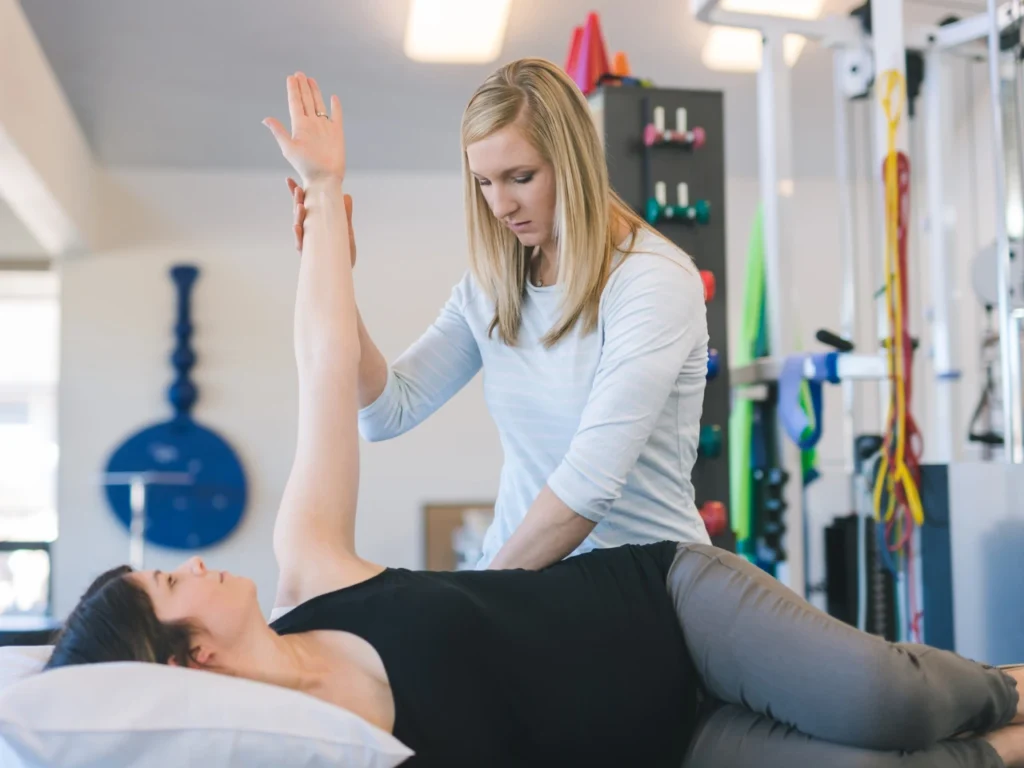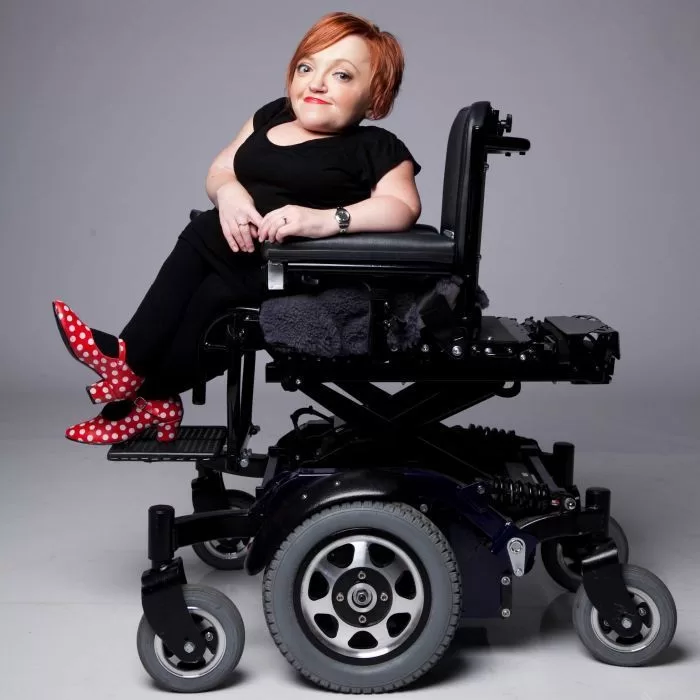Updated on December 10, 2024

Personal support for someone with a disability is assistance, care, and services tailored to the individual’s specific needs to help them lead a fulfilling life despite their disability.
Types of Personal Support
- Physical Assistance: This includes help with transferring, ambulation, dressing, bathing, and other tasks requiring physical support.
- Communication Support: This is for people experiencing communication difficulties like speech or hearing impairment as well as other communication difficulties. These people may benefit from support with sign language interpretation, using assistive technology, or other communication methods.
- Personal Care: Assistance with personal hygiene, toileting, and other intimate tasks can be provided with respect and sensitivity.
- Household Management: From housekeeping and laundry to preparing meals and running errands, support services can help individuals maintain a clean and comfortable environment.
- Social Support: This includes assistance with navigating social situations, attending events, and building relationships.
- Life Skills Training: Some programs offer training to develop independent living skills, such as cooking, budgeting, or using public transportation.
The Importance of Personal Support
Independence and Empowerment
By offering tailored assistance and resources, personal support services empower them to take control of their lives allowing them to go after their goals also allowing them to participate more actively in their communities and pursue their aspirations with confidence.
Customized Care and Support
Every person with a disability has unique needs, preferences, and challenges. Personal support services provide customized care and support tailored to meet the specific requirements of each individual. Whether it involves assistance with daily living tasks, mobility support, or emotional counselling, personalized support ensures that individuals receive the help they need to thrive and succeed.
Improving Health and Well-being
Access to appropriate personal support services can have a significant impact on the health and well-being of individuals with disabilities. By ensuring access to healthcare, facilitating healthy lifestyle choices, and offering support with medication management, personal support services contribute to better health outcomes and overall well-being. Furthermore, emotional and psychological support can help individuals cope with the challenges of living with a disability and improve their mental health.
Empowering Families and Carers
Personal support extends beyond the individual with a disability to their families and carers. By providing respite care, information, and support services to families and carers, personal support helps to reduce the burden placed on caregivers and prevent burnout. This support enables families better to meet the needs of their loved ones with disabilities while maintaining their well-being and quality of life.
Ways to Support People With Disability
Promoting Accessibility
This means creating buildings, transportation systems, and public spaces that are universally accessible and installing utilities like ramps, elevators, wider doorways, and accessible restrooms. Information should also be readily available in multiple formats like large print, Braille, and audio recordings, while communication should be clear and concise. Additionally, offering sign language interpretation and being patient with those who require more time to communicate are essential aspects of fostering an inclusive environment.
Providing Needed Support
Start by being mindful and offering assistance respectfully. If you see someone struggling, a simple question like “Can I lend a hand?” can make a difference. Remember, not everyone needs help, so always respect their response. Another way to show support is by practising patience and understanding.
Shifting Our Attitudes and Mindset
To create a truly inclusive society, we need a shift in our attitudes and mindset. This means challenging misconceptions and stereotypes about disabilities. This can be achieved by practising empathy and trying to understand the challenges they face.
Spreading Awareness
Spreading awareness starts with educating ourselves. Learning about different disabilities and the challenges people face allows us to understand their needs and experiences better. Supporting disability rights organizations is another powerful way to spread awareness. Donating time and resources or volunteering with these groups directly contributes to advocacy efforts and promotes positive change.
What does a personal support worker do?
A Personal Support Worker (PSW), also known as a Personal Care Attendant, assists with daily living, promoting independence for people with disabilities.
Does a support worker do personal care?
Yes, providing personal care is a common responsibility for support workers, but it’s not always the case. The duties of a support worker depend on the specific needs of the client they’re assisting and the type of support worker role they hold.
What are examples of personal care?
- Personal hygiene: This includes helping individuals get in and out of the bathroom, brushing, using the toilet or toilet aids if applicable, dressing and grooming, and other personal or oral hygiene tenets.
- Mobility assistance: This may involve helping individuals transfer from a bed to a wheelchair, walk with a cane, or navigate stairs.
- Feeding: In some cases, support workers may assist individuals with eating meals, including cutting food and ensuring they get proper nutrition.
Looking for reliable personal support services?
At Centre Disability Support, we offer tailored support services for individuals with disabilities throughout Australia. Whether you’re seeking support for yourself, a loved one, or simply wish to learn more about our services, we’re here to help.
MORE FROM CENTRE DISABILITY SUPPORT
7 Benefits of Short-Term Accommodation (STA) for People with Disabilities
4 Benefits of Individual Living Options (ILO) for People with Disabilities
4 Benefits of Supported Independent Living (SIL) for People with Disabilities



